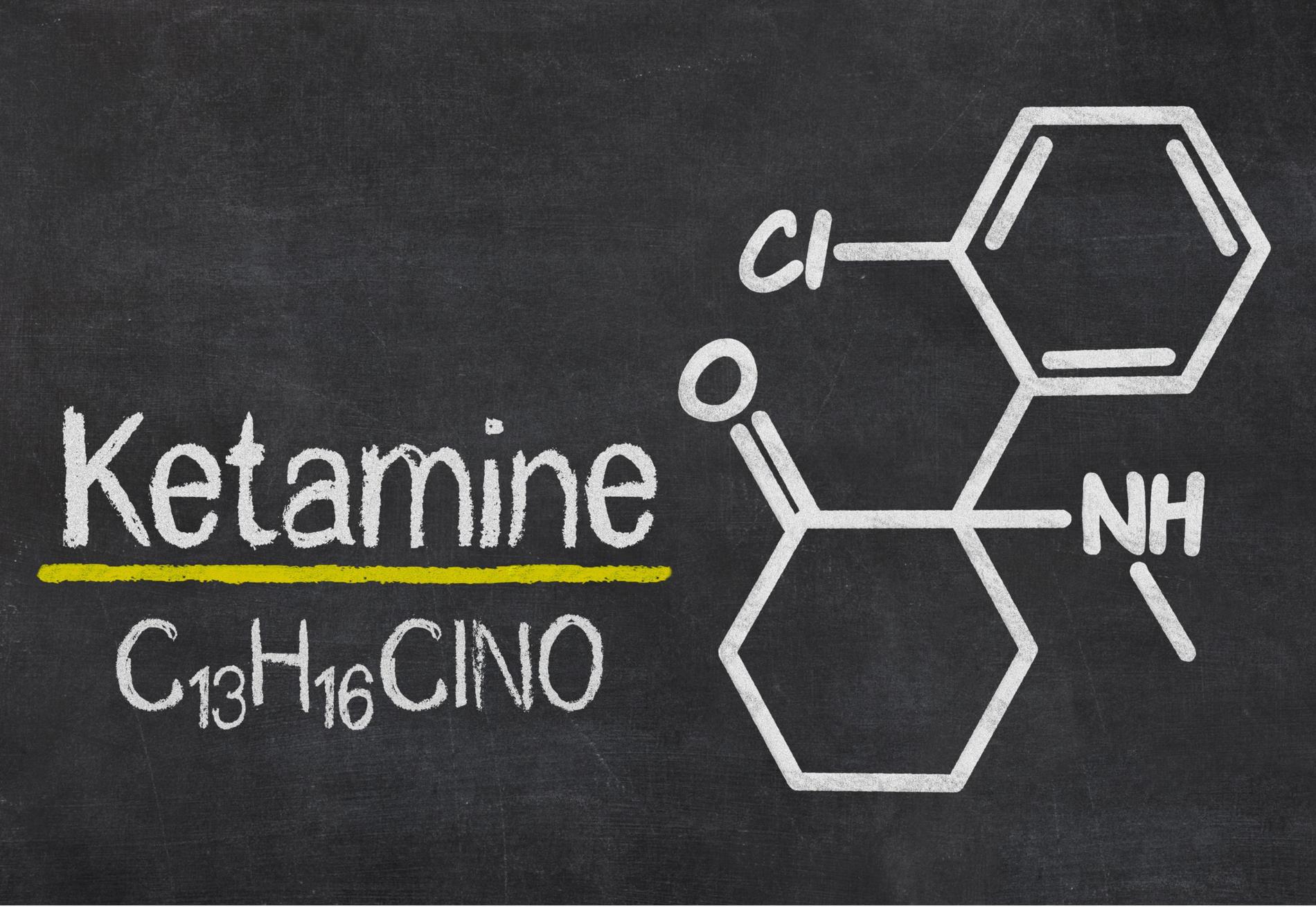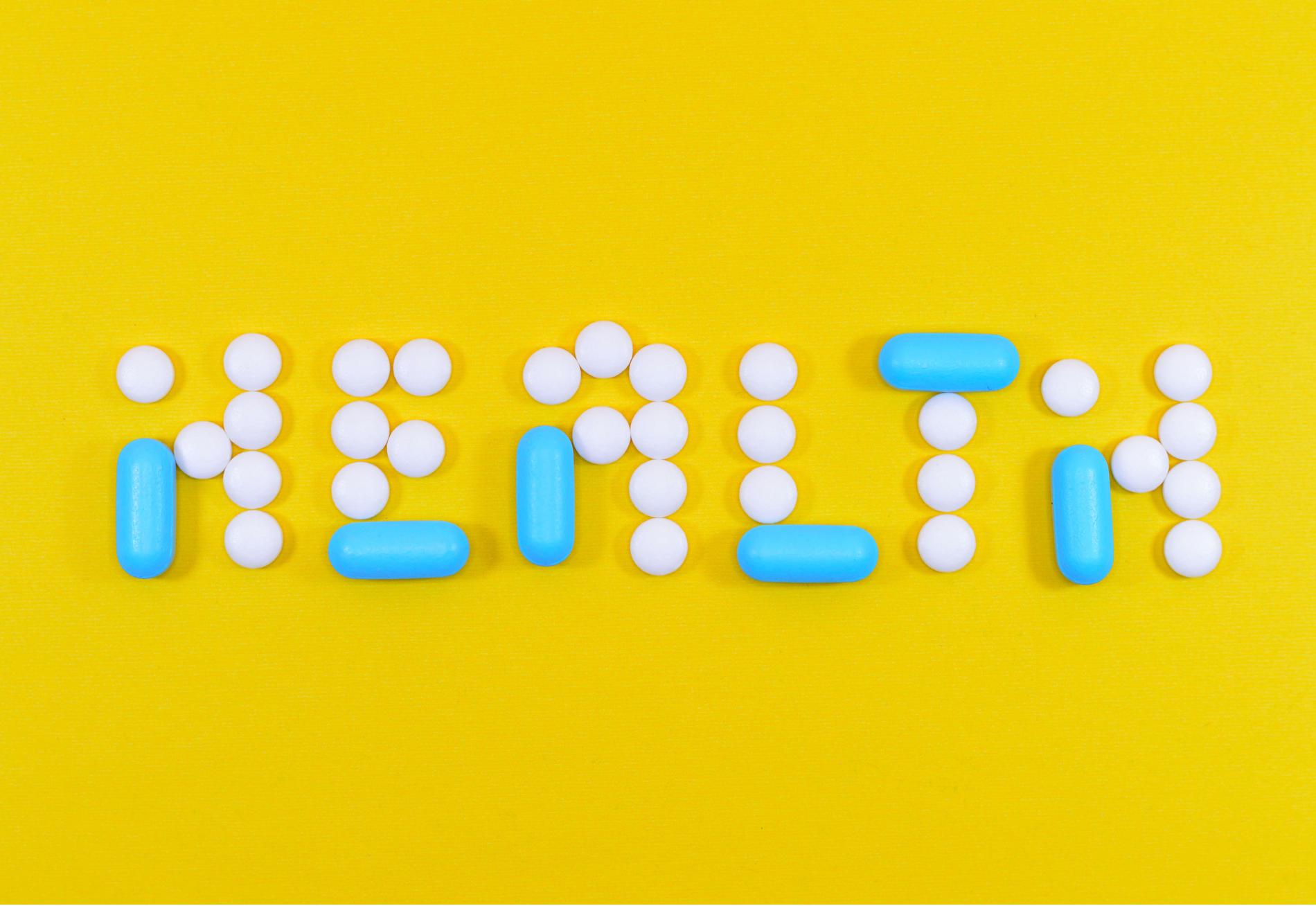

The history of Ketamine
Around the turn of the century, the medical community began discovering the antidepressant potential of ketamine, when people who received the medicine medically began reporting reductions in depressive and even suicidal symptoms.
Frequently Asked Questions
FORMS
Consent to Treat for Ketamine Assisted Psychotherapy
Telehealth/Telepsychiatry
Ketamine Assisted Psychotherapy
Medical Exclusionary Form
The Alcohol Use Disorders Identification Test (AUDIT)
Client Rights and Responsibilities and Grievance Procedures
Controlled Substance Contract
Disclaimers
-Involving a non-refundable $250 consultation fee along with subsequent monthly payments.
-Completion of the initial intake form does not ensure enrollment
-It's important to be aware that this treatment lacks FDA approval
-Additionally, communication is conducted through a secure texting app.